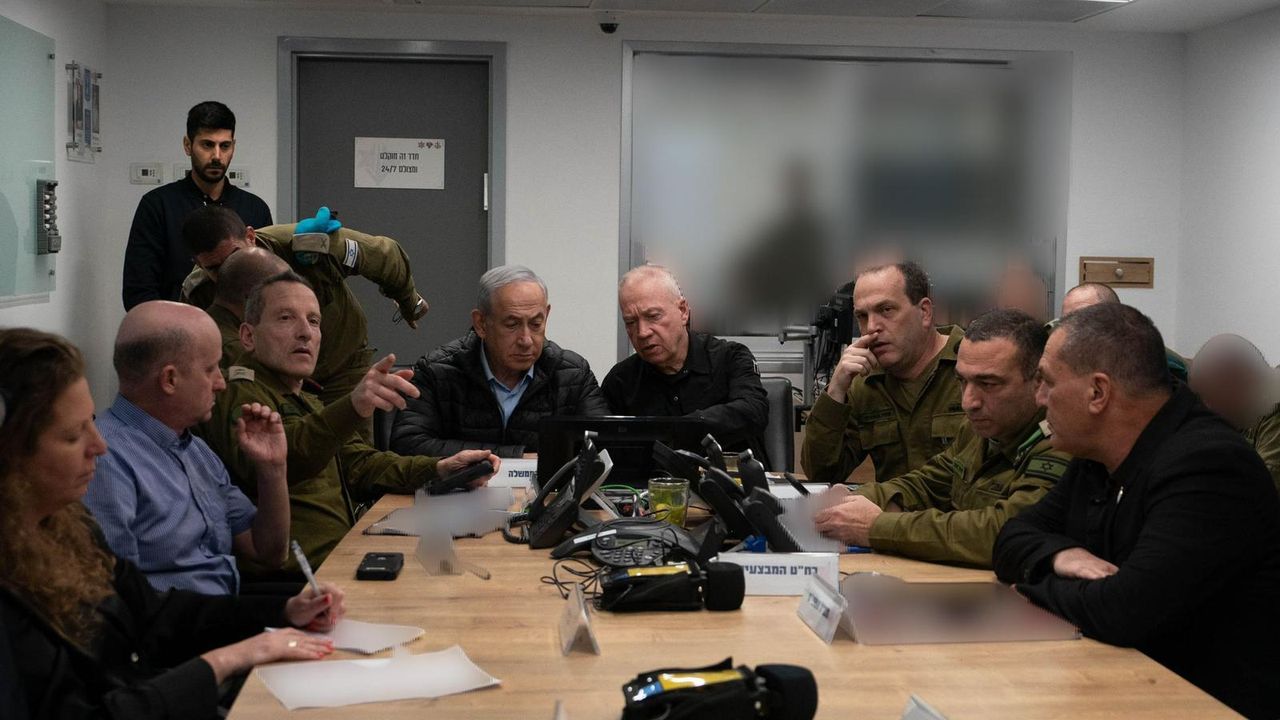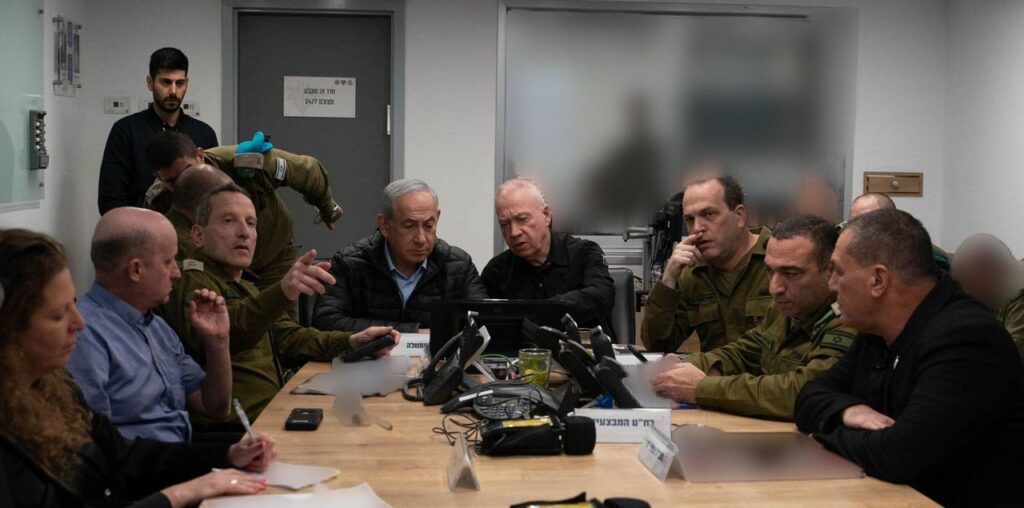
Israel sent a message to Iran on Friday ahead of its retaliatory airstrikes warning the Iranians not to respond, three sources with knowledge of the issue told Axios.
Why it matters: The Israeli message was an attempt to limit the ongoing exchange of attacks between Israel and Iran and prevent a wider escalation, the sources said.
Driving the news: U.S. and Israeli officials said three waves of airstrikes took place on Saturday morning local time.
- The first wave focused on Iran’s air defense system and the second and third waves focused on missile and drone bases and weapons’ productions sites.
- Iran said it defeated the Israeli attack and that only “limited damage” was done to military targets around the country.
- Israeli officials said the attack was in retaliation for Iran’s massive ballistic missile attack on October 1.
Behind the scenes: The Israeli message was conveyed to the Iranians through several third parties, the sources said.
- “The Israelis made it clear to the Iranians in advance what they are going to attack in general and what they are not going to attack,” one source told Axios.
- Two other sources said Israel warned the Iranians not to respond to the attack and stressed that if Iran does retaliate, Israel would conduct another more significant attack, especially if Israeli civilians are killed or injured.
- The Israeli Prime Minister’s Office did not respond for a request for comment.
Iran has said it doesn’t want a full-blown war with Israel but that it would retaliate if attacked.
- On Saturday, IDF spokesperson Rear Admiral Daniel Hagari said in a briefing with reporters that if Iran escalates in response to the Israeli strikes, Israel will be compelled to retaliate.
- A U.S. official said the U.S. didn’t participate in the Israeli operation but that if Iran retaliates, the U.S. is ready to defend Israel against such an attack.
- “This should be the end of the direct military exchange between Israel and Iran,” the official added. “If Iran attacks Israel again there will be consequences. We communicated that directly and indirectly to Iran.”
What they’re saying: One of the channels for conveying messages to Iran ahead of the Israeli strike was Dutch Foreign Minister Caspar Veldcamp, one source said.
- “I spoke with the Iranian Foreign Minister about war and the heightened tensions in the region. Regarding the latter, I urged for restraint. All parties must work to prevent further escalation,” Veldcamp wrote on X several hours before the Israeli attack.
What to watch: U.S. officials said they expect Iran to respond to the Israeli attack in the coming days but in a limited way that will enable Israel to stop the tit-for-tat cycle.
- “It is our aim to accelerate diplomacy and de-escalate tensions in the Middle East region. We urge Iran to cease its attacks on Israel so that this cycle of fighting can end without further escalation,” National Security Council spokesperson Sean Savett said.

